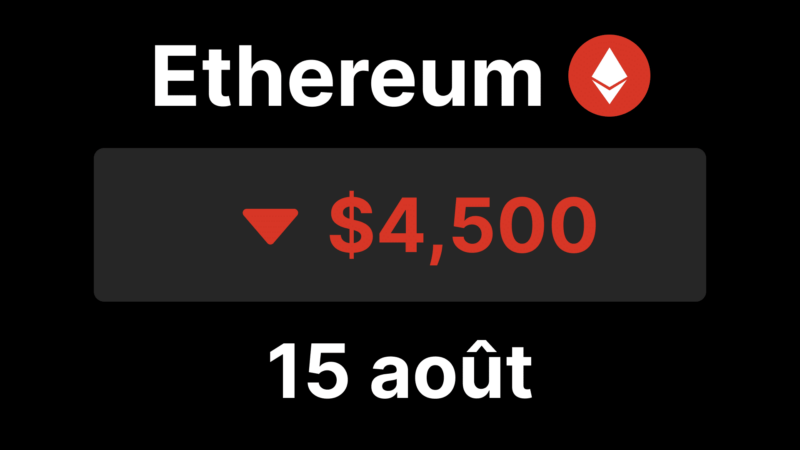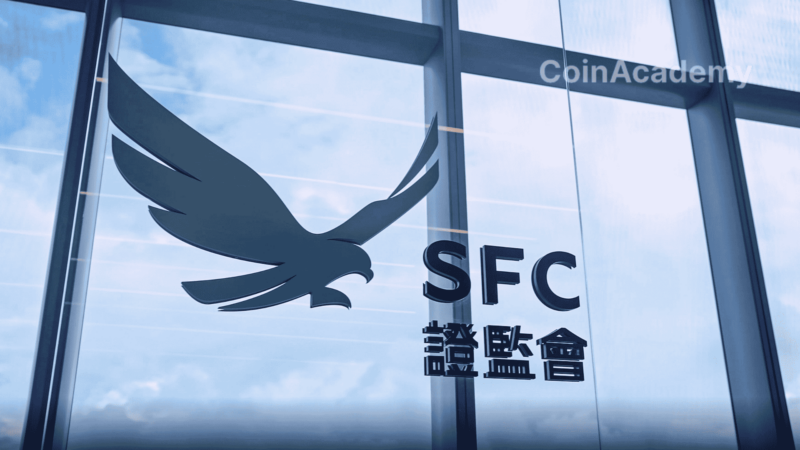Corporate fund managers are noticing for the first time since 2005 an excess of corporate investments in AI, signaling discomfort with a cycle of expansion deemed too rapid.
Un cycle dopé par l’IA, mais fragilisé par l’excès
The surge is attributed to concerns about the scale and financing of the investment spending boom in AI.
The American tech market is reaching historic highs thanks to the frenzy of investments in hardware, data centers, and next-generation chips. Nvidia even reached a record $5 trillion market cap. However, this driving force behind Wall Street for the past year is showing its first signs of trouble: the Nasdaq has dropped 4% in the month, American futures are in the red, and Nvidia’s stock is declining after Peter Thiel’s fund sold off. Investors fear a mechanism overly dependent on a constant flow of massive spending. Growth fueled by increasingly heavy capex teeters on the edge between healthy expansion and speculative frenzy.
Une explosion du financement crédit
Companies’ insatiable appetite to finance their AI projects is also transforming bond markets. Emissions in the US have surpassed $200 billion, with analysts warning of a coming deluge. Specialists like Anton Dombrovskiy note that private and public credit is becoming a major source of AI financing. This paradigm shift grants access to abundant capital but comes with increasing debt. This surge raises a strategic question: how far will markets fund such an intense investment cycle without demanding immediate profitability?
La bulle IA, un risque désormais dominant
More than half of surveyed managers believe that AI-related stocks are already in a bubble. Four out of ten even consider it the main extreme risk for global markets, far ahead of inflation or weakening American consumers. This scenario gains weight as expenses become disproportionate to the generated income. Some fear that the euphoria surrounding AI justifies colossal investments with still theoretical profitability.
Un optimisme paradoxal des investisseurs
Despite these signals of overheating, the overall sentiment remains surprisingly high. Cash levels in portfolios are down to 3.7%, historically associated with a correction in stocks and a resurgence of bonds in the following months. This paradox perfectly encapsulates the state of the markets: strong confidence in AI’s long-term potential but growing concerns about how quickly companies are burning capital to stay in the race. The debate intensifies: sustainable growth or steroid-fueled bubble? The upcoming Nvidia results and the trajectory of credit could quickly settle the matter.




